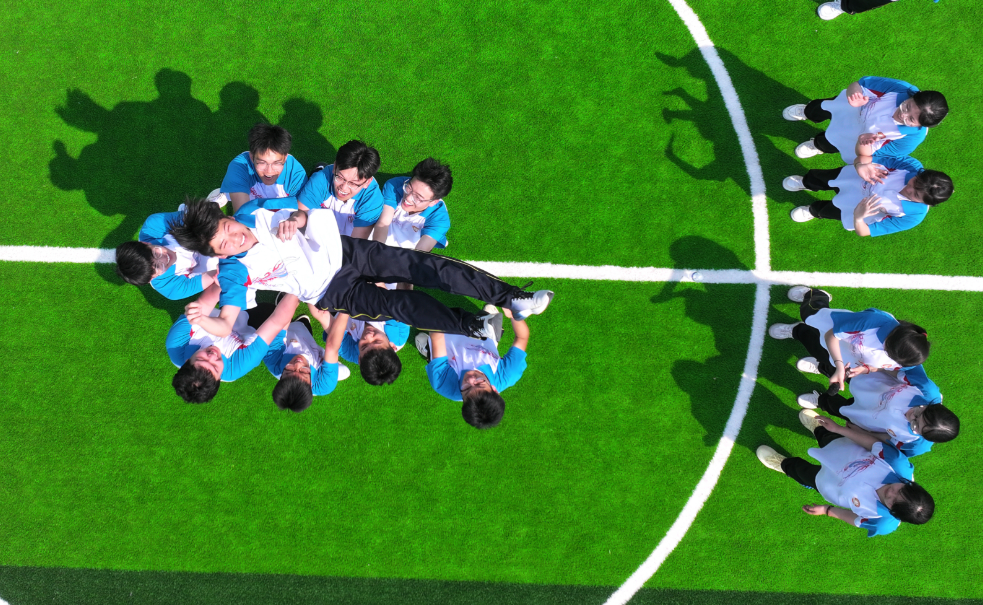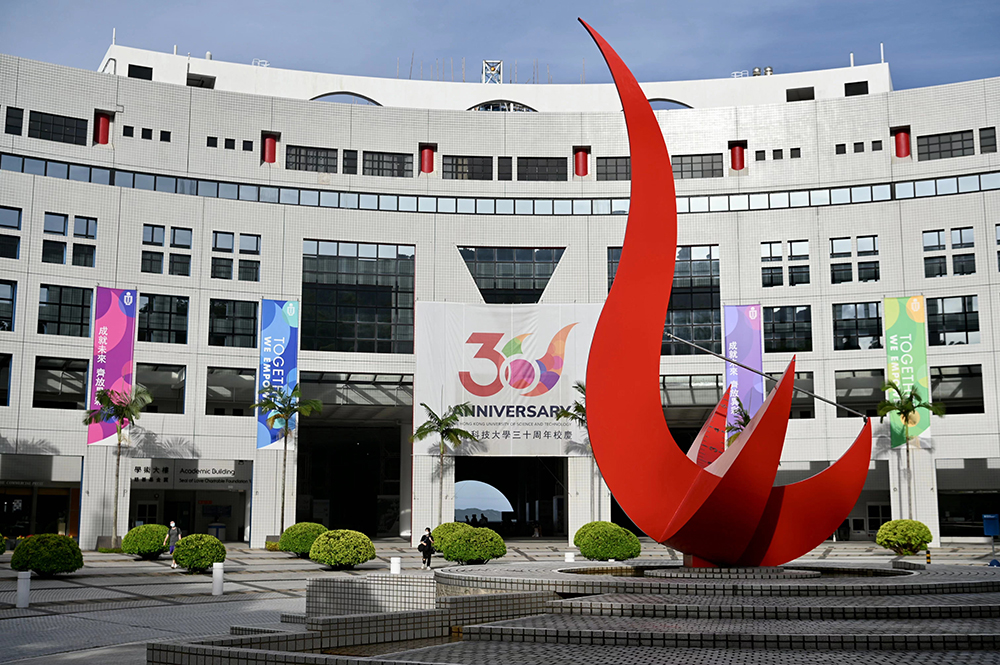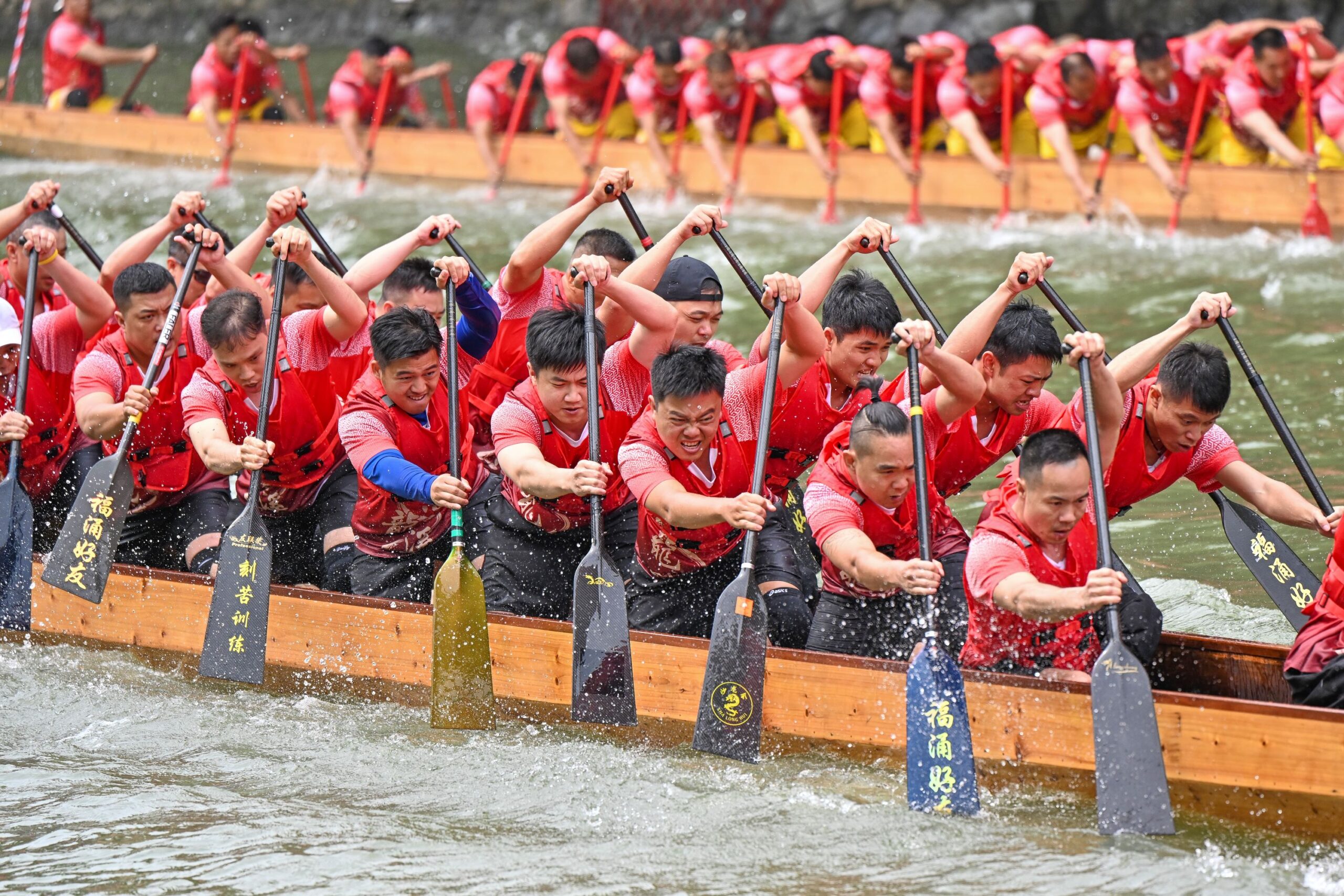China’s gaokao will take place soon, and the exams this year feature several new developments.
China’s national college entrance exam, known as gaokao, will take place from June 7 to 10 and feature several new developments, including the roll-out of exam reforms and AI technology appliance during the exams.
29 Provinces Adopted New Gaokao Mechanism
This year, eight more provincial-level regions will implement the gaokao reform: Sichuan, Henan, Shanxi, Yunnan, Shaanxi, Qinghai and the Ningxia Hui and Inner Mongolia autonomous regions. So far, 29 provinces have adopted the new gaokao mechanism.
Under the reform, candidates must take three nationally standardized subjects — Chinese, mathematics and a foreign language — along with one primary elective subject, either physics or history, and two additional electives selected from chemistry, geography, political science and biology.
Xiong Bingqi, director of the 21st Century Education Research Institute, said the reform, launched in 2014, has provided students with greater flexibility in subject selection and aims to place more emphasis on students’ individuality and personal interests while establishing a more comprehensive and multi-dimensional evaluation system.
“However, the issue of solely relying on test scores persists. It is necessary to strengthen the reform of comprehensive quality evaluation,” Xiong said.

Crack Down AI Prediction Scams
As gaokao in China may make or break a young person’s future, the temptation to seek an advantage, or even cheat, will always be there. Mock papers, which the sellers claim used AI to better predict the actual questions, are selling online.
Several social media accounts and private tutors are also claiming access to “top secret” information sourced from teachers who help set the papers, according to official announcement. Some even used big AI models to predict the questions as a gimmick.
Some of the mock papers claiming to use “AI prediction” are selling for up to 400 yuan a time, 10 times the price of a regular mock paper.
The authorities have vowed to crack down heavily on scammers targeting gaokao. They also called on students and their parents to refrain from exam-related crimes and remain vigilant against fraud.
AI Systems Used to Monitor Test Rooms
Several provinces in China are rolling out AI systems to monitor test rooms in real time, aiming to strengthen security and ensure fairness.
The Education Examination Center of Ganzhou City, Jiangxi Province, said recently that “from this year, all test centers will implement full-scale AI surveillance.” It warned that any irregular conduct would be captured by the intelligent monitoring system and promptly handled by onsite staff.
Hubei Province has also confirmed the widespread application of AI proctoring during this year’s gaokao. The province would continue identity verification procedures and adopt a multi-layered supervision model, including human invigilation, video surveillance, and mobile inspections.
In Guangdong’s Yangjiang City, 15 exam centers will adopt AI surveillance systems powered by computer vision and behavioral recognition algorithms.
“The system leverages China Telecom’s AI behavior recognition and big data technology,” said Xie Gexiong, deputy general manager of its Yangjiang branch. In addition to real-time alerts, the platform offers post-exam data analysis and compliance assessments.
The gaokao is widely regarded as one of the most important academic events in China, with around 135.5 million students expected to participate this year.
Written by Sha Liu, additional reporting by China Daily, Ecns.cn and SCMP.
If you liked this article, why not read: The Grand Canal’s Journey: From Ancient Route to Global Icon













